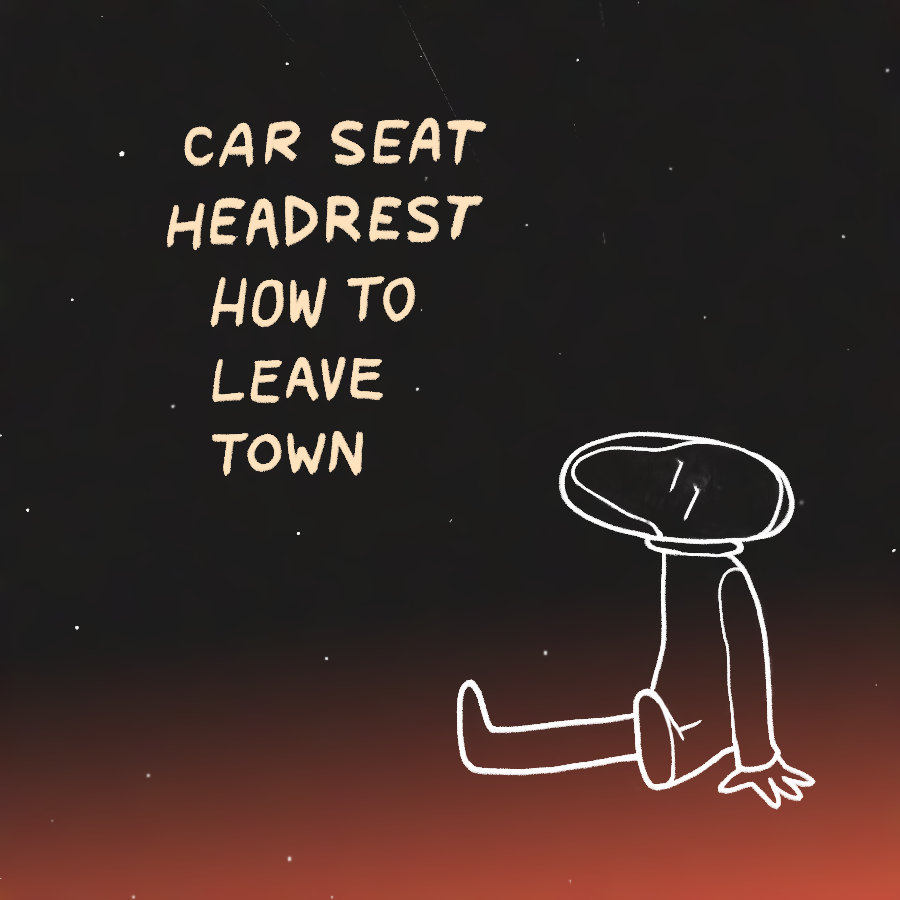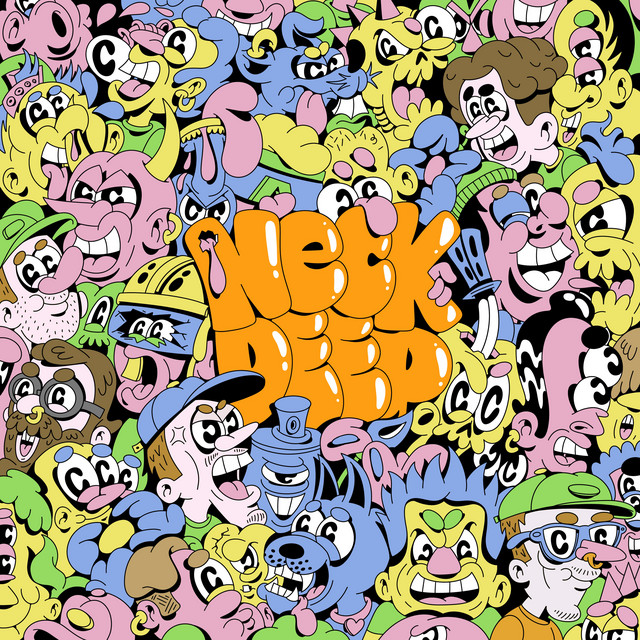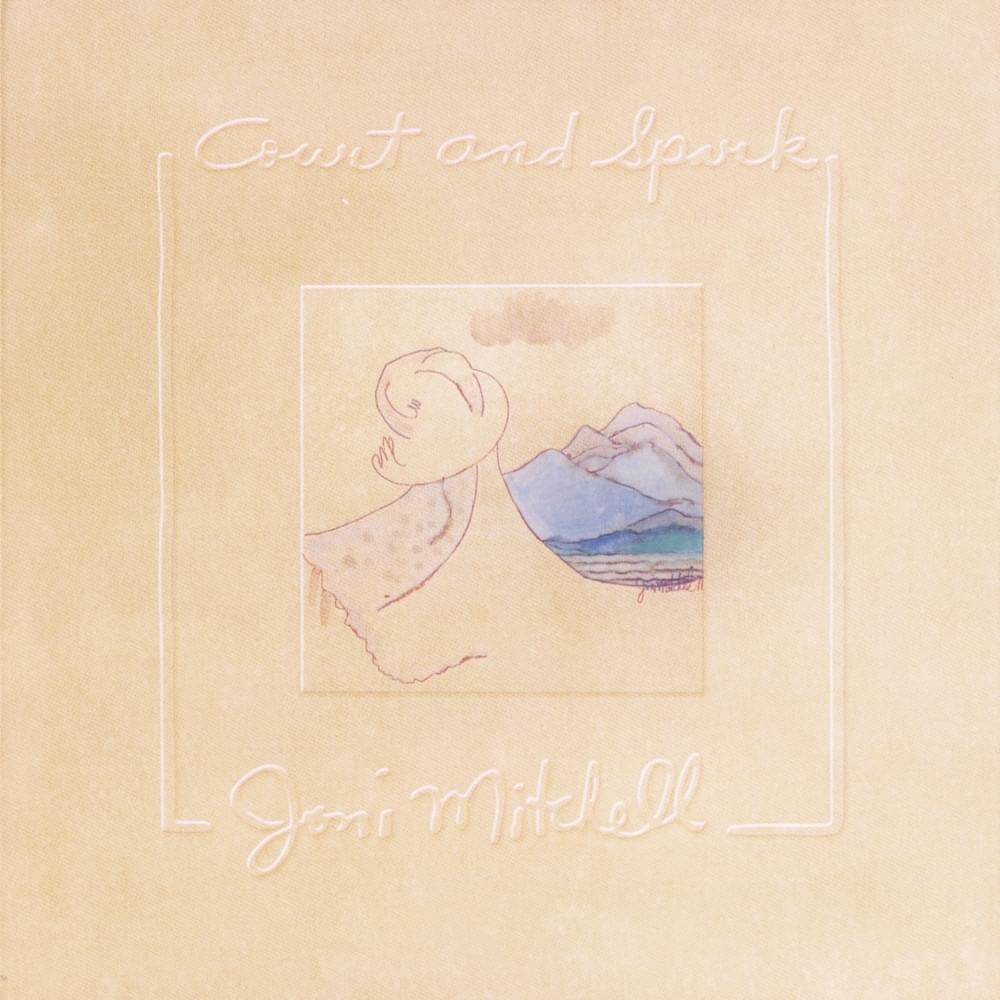As Native American Heritage Month comes to a close, I want to share an album with you that I have been listening to almost every day since it came out.
Motewolonuwok is the second album released by the Wolastoqiyik composer and ethnomusicologist Jeremy Dutcher. Winning the Juno Award for his debut album Wolastoqiyik Lintuwakonawa — an album built upon post-classical rearrangements of Wolastoqiyik folk songs —, his sophomore album was heavily anticipated by many, including myself.
The five year wait was well worth it.
Motewolonuwok contrasts heavily with Wolastoqiyik Lintuwakonawa, both in theme and execution. Dutcher said that Wolastoqiyik Lintuwakonawa was intended to make outsiders uncomfortable and to let the unfamiliarity wash over them. Motewolonuwok is intended to be a dialogue between the indigenous community and the outside world. To reach that goal, Dutcher performs in both Wolastoqey — a native language with only around a few hundred fluent speakers left, mainly elders — and English.
Motewolonuwok opens off with “Skicinuwihkuk,” which translates to “Indian Land.” The only single off of the album, it was first released on Victoria Day, which has a controversial tie to the British Empire and the legacy of colonialism across Canada.
The next song on the record is the resistance song “Pomawsuwinuwok Wonakiyawolotuwok.” Translated to “The People Are Rising,” the song bounces between English and Wolastoqey to spread the message of the growing movement of Indigenous sovereignty.
However, not all the songs on the album were written in a positive light. “Ancestors Too Young” was written to highlight the growing epidemic of suicide amongst Indigenous youth. In an interview with Vogue, Dutcher said that the song was inspired by “going up north to communities in Ontario and seeing the devastation of the suicide epidemic. Sometimes groups of young people get wiped out, like a chain reaction. I wanted to shine a light on people telling these really hard stories, but also seeing them surrounded by community, music and healing.”
Likewise, “The Land that Held Them” was inspired by Nina Simone’s 1964 protest song “Mississippi Goddam.” He told Exclaim! that he made the song because he “thought, what’s our ‘Mississippi Goddam’? What’s our ‘Saskatchewan Goddam’? What’s our ‘Edmonton Goddam’?” The song is composed of three vignettes, each detailing a different crime committed against Indigenous peoples. The first vignette details the death of Tina Fontaine, who went missing in Winnipeg at the age of fifteen and was discovered in a river in town. The second vignette details the killing of Colten Boushie, who was fatally shot by a farmer who eventually was acquitted of the killing. The third and final vignette details the starlight tours of Saskatoon. Starlight tours is the colloquial term for the abduction of Indigenous Canadians by the Saskatoon Police Department, who then leave the abductees for dead on the outskirts of the city.
Motewolonuwok serves as an internal showcase of what it means to be an Indigenous person in today’s world. Even though I am not an Indigenous person, I can hear through the album the struggle of Indigenous peoples and the fight for recognition.
Even though Native American Heritage Month is ending, there is no reason to stop supporting Indigenous musicians and creators.





















